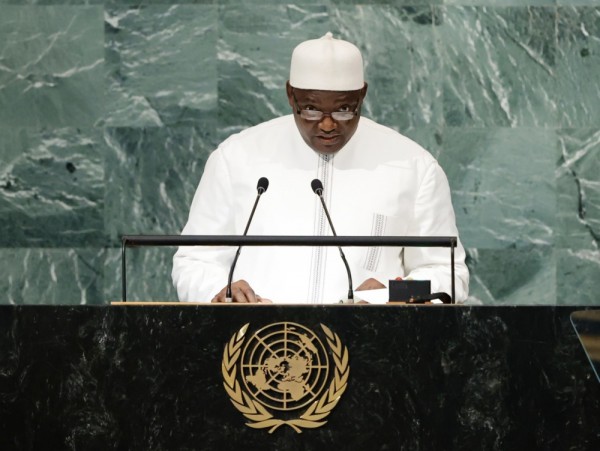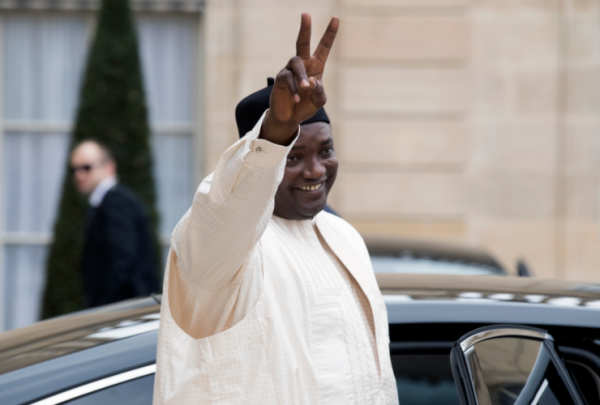Pa Kemo Jarju has worked at now-defunct newspaper The Independent, the Daily Observer, allgambian.net and other news outlets in The Gambia. As a result of his critical reporting, Jarju was forced to leave The Gambia and is now living in exile.
The Gambia has one of the worst press freedom environments in Africa and journalists who criticize the country’s president or the government face harassment, beatings, arbitrary arrest and detention, torture and even death.
The 1994 murder of Deyda Hydara, the editor and co-founder of The Point, after he criticized new laws restricting the media, remains unsolved. And last year, President Yahya Jammeh told reporters in a televised statement that the government has “no stake in the issue” of the murder, and that journalists should “go and ask Deyda Hydara who killed him.”
Recent events have not inspired confidence in the government’s respect for press freedom or the rule of law. When six influential and independent journalists and editors responded to the Jammeh’s comments through a Gambia Press Union (GPU) statement in June 2009, they were arrested and eventually found guilty of several counts of seditious publication and criminal defamation and were sentenced to two years in prison. During Ramadan, they were freed by a presidential pardon.
Such attacks on journalists have caused widespread, global concern about press freedom in the Gambia.
Jarju spoke with IPI about the Gambia’s repressive media laws, how self-censorship has become the order of the day and the pervasive climate of fear. fellow journalists and what’s next for the media in his West Africa homeland.


